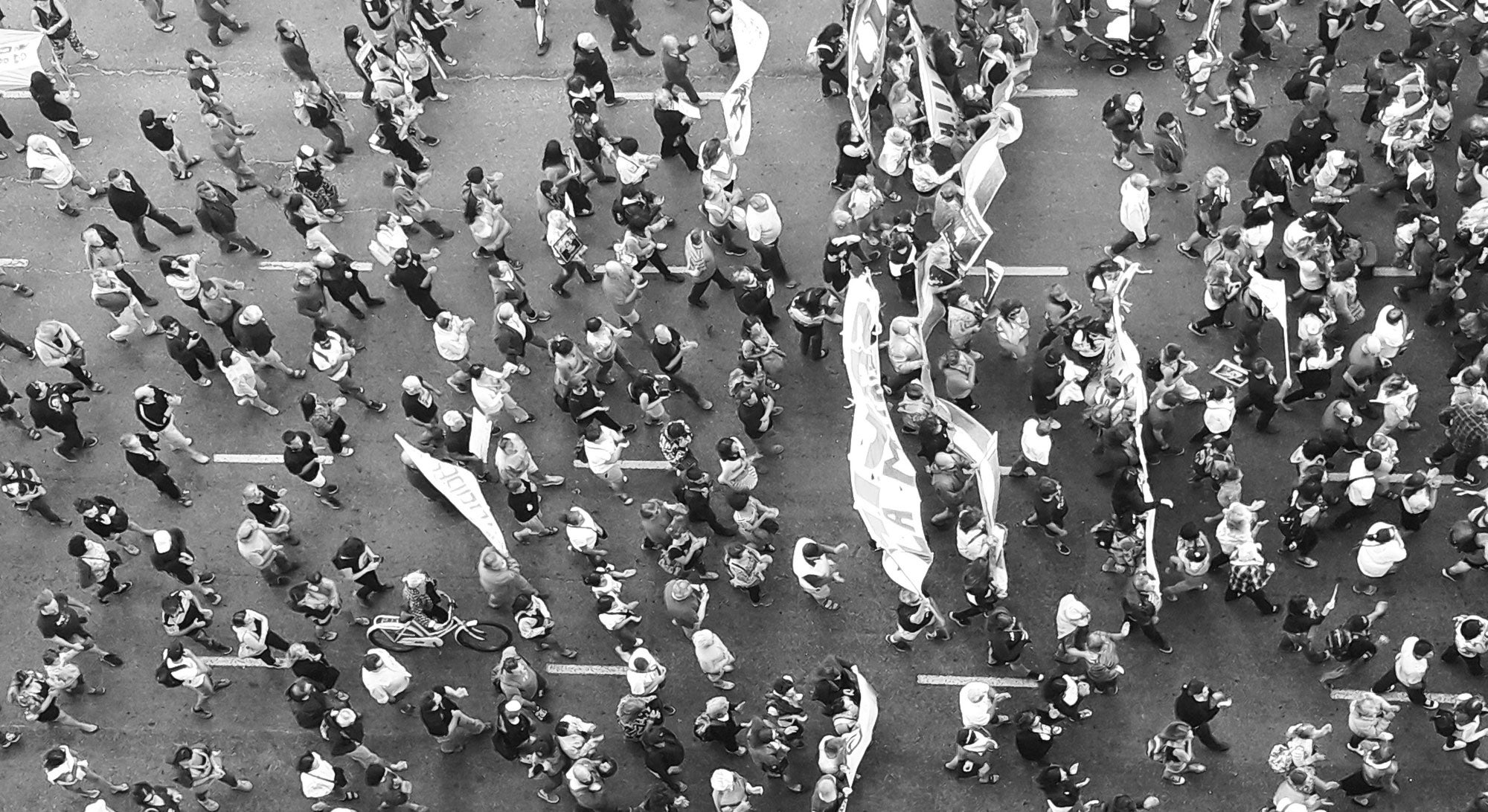For purposes of mass communication and access to information, the mobile phone may be a better resource than the Internet, according to a nationwide survey conducted earlier this year by researchers at the University of California, Santa Barbara and Rutgers University in New Jersey.
Ronald E. Rice, The Arthur N. Rupe professor of mass communication at UCSB, designed the survey with James E. Katz, director of the Center for Mobile Communications Studies at Rutgers University. It is part of a larger research project examining the potential for new mobile telephone features and attitudes toward mobile health information devices.
More than 1,000 respondents representative of the U.S. adult population participated in the survey, which demonstrated that mobile phones are being more widely adopted than the Internet.
According to the survey, while two-thirds of respondents use the Internet, nearly three-quarters have a cell phone.
"As popular as the Internet is, people in the U.S. are now even more likely to have a cell phone," said Rice. The researchers recently completed their analysis of the telephone survey, which took place in February and March, and plan to publish their complete findings in a scholarly journal.
The researchers also found that one in seven respondents does not use either the Internet or a mobile phone. According to Rice, this raises questions regarding what he refers to as a "persistent digital divide," in which some demographic groups are less likely than others to take full advantage of current communication technology.
"Hopes for closing a digital divide may be better placed with cell phones rather than computers. Even as the capabilities of computers and cell phones grow more alike, the popularity of cell phones is outstripping the computer," said Rice.
"As technology advances, requirements for using it change along with it," he added. "With the Internet you need a computer, modem, telephone line, and a service provider. Financial, training, and motivation issues arise because of these access hurdles. But everyone knows how to use a telephone, and with a cell phone all you need in addition to the phone itself is a service provider."
Given their findings, the researchers suggest that policy makers consider ways in which they can help people access resources and information via mobile communication.
"It seems that in terms of overcoming a digital divide, the cell phone is where people are voting with their dollars," noted Katz. "If we are going to have an information society, maybe policy makers need to revisit the trade-off between mobile and Internet in terms of helping people get connected to valuable information resources."



